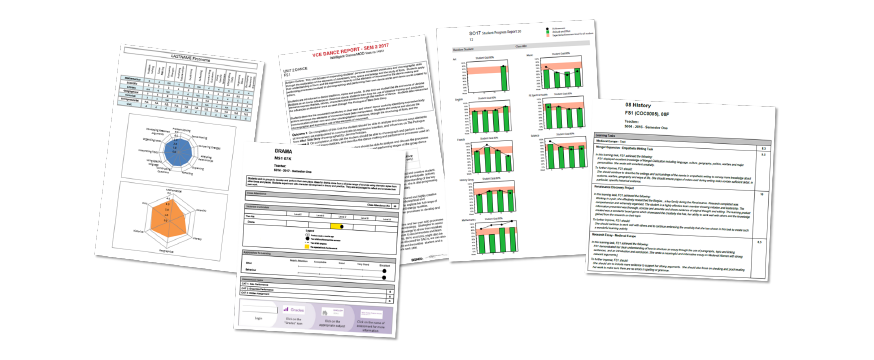Publication Date
2005
Subjects
School year levels, Individualised teaching, Achievement gains
Abstract
Learning is enhanced when learning opportunities are matched to individuals' current levels of knowledge, skill and understanding, so classroom activities are likely to be most effective in raising achievement levels if they are differentiated, in other words, if teachers recognise the wide variation in children's levels of progress; if they identify individuals' interests and current levels or attainment; and if they expect different kinds of learning from different students. Uniformly high expectations and a common curriculum for all may be less effective, and ultimately more inequitable, than providing differentiated learning and differentiate expectations of individual progress towards the same high performance standards. Issues addressed in this article include: variability within grades, condition for learning, classroom structures, standards-based reforms, achieving continuity, deep learning, shared maps of learning, assessment for learning, flexible learning arrangements, and monitoring growth.
Recommended Citation
Masters, G. N. (2005). Against the grade: in search of continuity in schooling and learning. https://research.acer.edu.au/monitoring_learning/3



Comments
First published in Professional Educator, v.4 n.1 p.12-22.